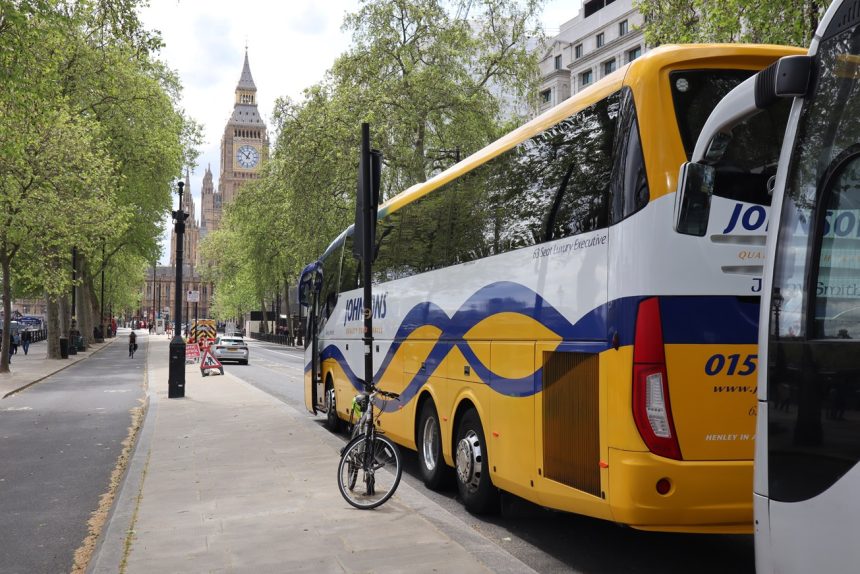The worries of many SME operators around decarbonisation are no secret, but they were succinctly put by the head of one such business recently: Really difficult.
Some other parties believe that a long-term outlook and a focus on total cost of ownership will deliver a pathway if some government help – not necessarily financial – is forthcoming.
What must be avoided for coach and bus is an unduly early push, or a requirement, for the transition where it makes no preexisting sense. In that direction lies big trouble and damaged businesses in both the operating field and the supply chain.
Some of that has already been seen in the car and van world with the controversial zero-emission vehicle mandate. Exploration of whether it could spread to other vehicle classes, and particularly bus, has been put forward as an idea to speed transport decarbonisation.
The awkward Euro VI retrofit episode apart, the bus industry in the UK is already making excellent steps in leaving diesel behind without being forced. Europe-leading, in fact.
It needs nothing that mandates faster progress. Even diesel buses contribute to air quality if they can remove single-occupant car journeys.
The modal shift piece is, in comparison to decarbonisation, not overly complex. Moving journeys to bus is a virtuous circle capturing traffic speeds and congestion, and funding and investment.
Mandating any coach shift towards zero-emission would be disastrous. The vehicle market there largely continues its recovery, and supply often remains limited. That is before costs, practical hurdles and such are considered. There is no requirement for any zero-emission mandate for coach and bus. That must be made crystal clear.



























